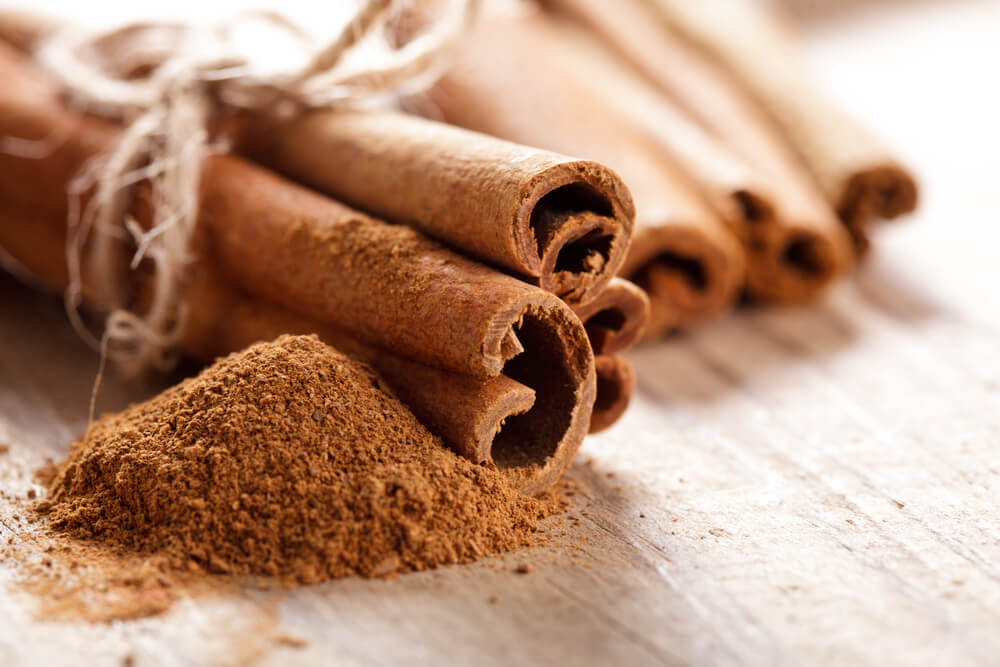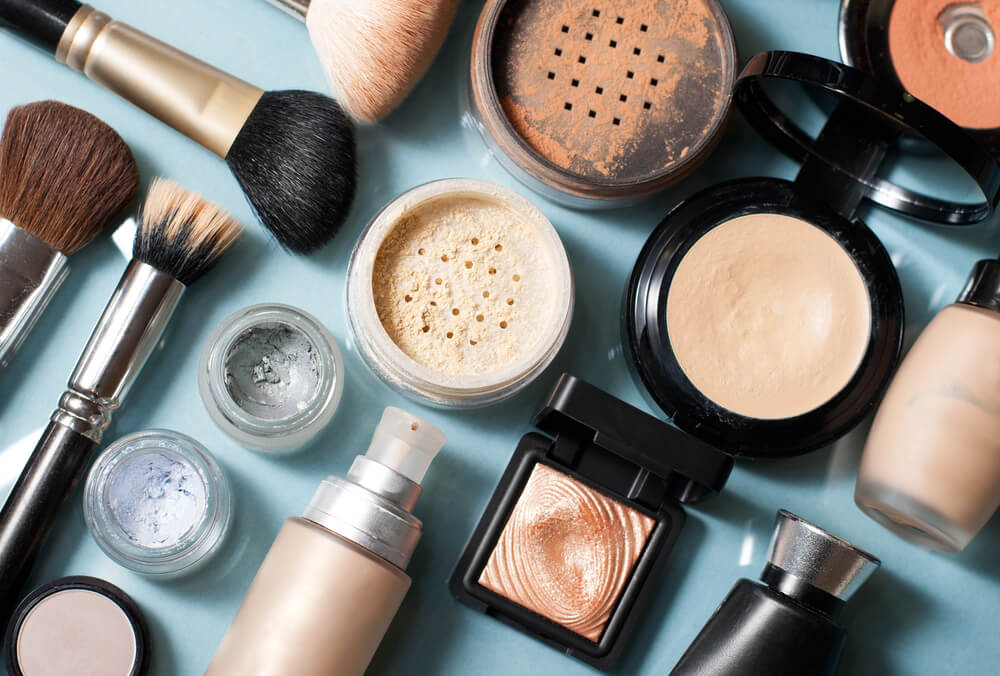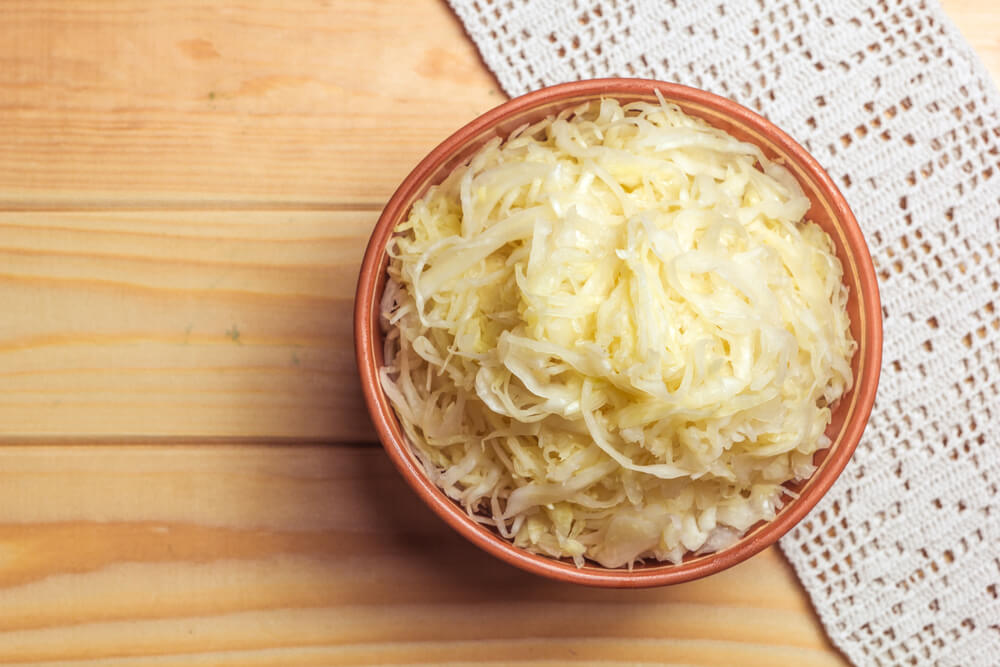Sugar alternatives: why are artificial and natural substitutes dangerous?
'29.11.2020'
Source: RBC style
It is not uncommon for health advocates to choose sugar substitutes as healthier options. While they can negatively affect the heart and blood vessels, says "RBC style".

Understand the issue
At the end of October, the largest study on the effects of sugar substitutes on the body was published in the Journal of the American College of Cardiology. Experts have stated that sugary drinks, such as diet soda, can negatively affect metabolism and vascular health.
Why are sugar substitutes needed?
More often than not, people give up sugar for two reasons: shape or health. According to Russian Deputy Prime Minister Tatyana Golikova, 5,1 million adults and 50 thousand children live in Russia with diabetes.
Fortunately, there are alternative sugary supplements that can be roughly divided into two types. The first one is sugar substitutes, more often these are natural products that are closest to the original in their taste. They have more calories, but they are also suitable for diabetics. The second group is intense sweeteners. Their energy value most often approaches zero. They are many times sweeter than sucrose and are of artificial origin.
Both are often used in the manufacture of conventional products. For example, some sweeteners are water-retaining and require a certain amount of heat to dissolve, which is ideal for making candy. In turn, artificial sweeteners are used in the production of ice cream, as they prevent crystallization of the structure at low temperatures.
Basically, natural sweeteners are compared for their glycemic index (GI) or their ability to induce an insulin response in the body.
Fructose is metabolized in a different way and does not trigger an insulin response, and all other natural sugar alternatives affect the body's insulin production. Sugar has a GI of 70, coconut sugar 35, honey, depending on the type, about 60, Jerusalem artichoke syrup 16.
Artificial sugars
Intense sweeteners are made up of chemical compounds that are inedible by themselves. The exception is sucralose. The safe dose of this supplement (E955) consumed per day is 15 mg per 1 kg of body weight. If the specified amount is exceeded, the likelihood of various disorders in the body's work increases. The substance is produced from sugar, while it tastes 600 times sweeter.
On the subject: Seven Natural Sugar Substitutes For Sweet Tooths
Popular artificial sweeteners include:
Acesulfame (additive E950) is 180-200 times sweeter than sugar. Can be used for cooking. The substance is not metabolized in the body and is excreted in the same form by the kidneys.
aspartame (E951 additive) is 180 times sweeter than sugar. Some nutritionists have expressed concern that the sweetener, when ingested, breaks down into amino acids and methanol, which can be toxic in large quantities. Another drawback is that aspartame breaks down when heated.
Neotam (additive E961) 7000-13 times sweeter than sugar. It is considered a more modern version of aspartame. There are studies claiming the supplement disrupts the gut microbiome.
Saccharin (additive E954) is 300-500 times sweeter than sugar. One of the oldest sweeteners. Poorly soluble in water. This type of sweetener can cause glucose intolerance, according to a study published in 2014.
Natural sugar substitutes
Natural substitutes are made from natural raw materials or substances of natural origin.
fructose 1,5 times sweeter than sugar. Serves as an integral component of its molecule - sucrose, which consists of glucose and fructose. It is present in all sweet fruits, honey, some vegetables, while it is less high in calories than sugar, and not so harmful to the teeth. It has tonic properties. The daily intake of fructose is 35 g, in large quantities it can negatively affect the functioning of the liver, intestines and the state of the microbiome.
Ksilit (additive E967) is closest to sugar in taste, while it is more caloric, so it will be difficult to lose weight with it. But this sweetener counteracts microbes that destroy tooth enamel. Therefore, it is added to pastes and gum.
sorbitol (E420 additive) is half as sweet as sugar. It is used for the preparation of meat products, semi-finished products, chewing gums. Excess consumption, more than 20 g per day, can lead to abdominal pain and diarrhea.
Erythritol (additive E968) is ten times sweeter than sugar. Found in mushrooms, fruits and vegetables, as well as fermented foods such as soy sauce and wine. It is recommended that men consume no more than 0,66 g per 1 kg of body weight, and women - no more than 0,8 g per 1 kg. If this dose is exceeded, the substance may cause a laxative effect.
Stevia (additive E960) is 200 times sweeter than sugar. It is believed to be the most harmless of natural sweeteners. Stevia has a specific taste and is contraindicated for people with low blood pressure.
Inulin Is a prebiotic, that is, a food component that stimulates the growth and vital activity of the intestinal microflora. The supplement strengthens the immune system, lowers cholesterol levels, but in case of an overdose it can cause diarrhea. It is best to refrain from consuming this sugar substitute while taking antibiotics, as it reduces the effectiveness of medications.
Whole, natural foods such as honey, molasses, or agave can also be included in this list. To taste, they can replace sugar, but the set of calories may remain the same.
On the subject: Can sugar consumption lead to cancer: scientists say
Why should you be careful when using sugar substitutes and sweeteners?
A recent study by the American College of Cardiology proves that artificially sweetened beverages can trigger heart disease. The observation lasted from 2009 to 2019, a total of 104 people took part in it. They were divided into three groups depending on what they drank more often: regular sugary drinks, sodas with artificial sweeteners, or water and tea without sugar. Three years later, in the first two groups, 760 people with signs of cardiovascular diseases were found, in contrast to the third group, where such a sharp jump in the number of candidates for patients to a cardiologist was not revealed.
There is another important aspect that all sweet lovers need to be careful with: foods that contain sugar trigger the release of chemicals and hormones in the brain, which are part of the so-called food reward mechanism. This process affects the same parts of the brain that are responsible for addictive behavior, including drug addiction. Thus, even with a sugar substitute, a person can become addicted to sweets.
Taste preferences can be trained. So long-term restriction in desserts can reduce sugar cravings.
Expert Comments
Zinaida Medvedeva, Executive Director of ANO "Healthy Food"
Oleg Medvedev, Doctor of Medical Sciences, Professor, Head of the Department of Fundamental Medicine, Faculty of Fundamental Medicine, Moscow State University
Today it cannot be said that there is a XNUMX% replacement for sugar. Rather, we have a range of sweetener solutions that are suitable for certain types of culinary products. The properties of sugar have a different priority in different products.
At the same time, based on an assessment of the development stage, the analytical agency CB Insights reports that the most promising technological trends are vegetable sweeteners, taste modifier molecules, as well as technologies for changing the spatial structure of sugar crystals.
In addition to traditional alternatives, all kinds of syrups with different glycemic index, Jerusalem artichoke and agave syrup, as well as coconut sugar and date derivatives are used. The main thing is that the GI of the alternative is lower than that of sugar, and the product does not contain a lot of fructose.
Fundamental studies of the device of taste buds, including receptors for the perception of sweet, have revealed fundamentally new types of chemical compounds that can cause the feeling of sweetness. These include naturally occurring protein molecules that are usually obtained from plants but can be synthesized. They taste much sweeter than sugar, but the sensation of sweetness can come with a delay, in addition, a licorice aftertaste is possible. Protein molecules cannot replace sugar as a substance that gives food volume and texture.
Other compounds are being developed that may affect the taste buds of the tongue and produce a sweet taste. In fact, it can be a protein that will be absorbed by the body, like other proteins and amino acids, and will not affect blood sugar levels or intestinal health. It was named so - "sweet protein". There are already such developments in the world, but they are not yet represented in Russia. It will most likely be an ingredient in the finished product rather than a separate product for consumers.
The material is published for informational purposes only, does not constitute medical advice and does not replace medical advice. ForumDaily Woman is not responsible for any diagnosis made by the reader based on the site's materials, as well as for the consequences of self-medication, and may not share the point of view of the author or expert.







